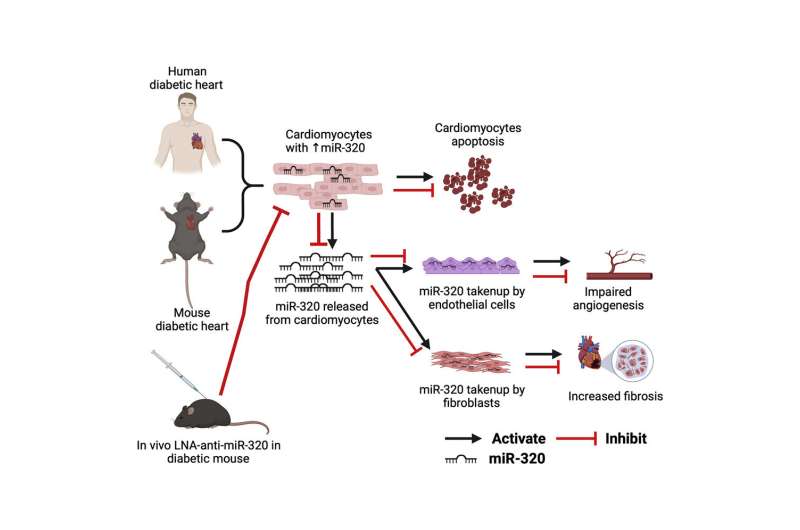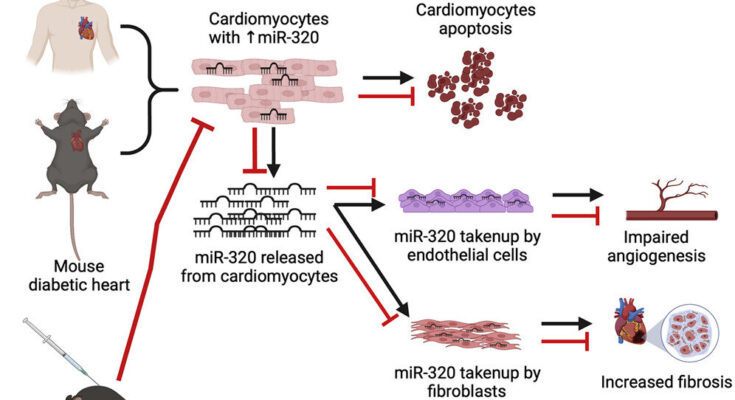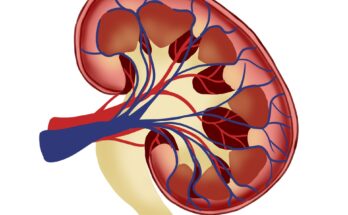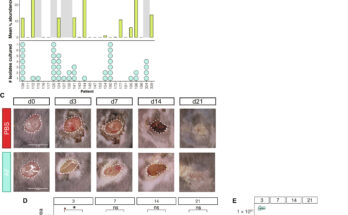
University of Otago researchers are closer to preventing immature death and improving the overall health of people with diabetes.
More than 60% of people worldwide with type 2 diabetes die from some sort of heart disease.
Associate Professor Rajesh Katare, of the Department of Physiology, leads a team of Otago researchers who have been working to develop a treatment for people with type 2 diabetes who develop heart disease.
Previously, the group identified molecular regulators (microRNA) which play a major role in the development of heart disease and modified them before they changed, to prevent the disease in diabetics.
“However, in reality and in clinic, we do not see patients before they develop any form of disease,” Associate Professor Katare says. “In fact, people don’t go to a GP or hospital unless there is a problem.”
Using mouse models, which react in a similar way to humans with type 2 diabetes, the group set out to treat heart disease.
“We identified that our treatment was able to restore the heart function by reducing the death of heart cells,” Associate Professor Katare says. “This is an exciting result, as we are able to initiate the treatment after the development of the disease but still improve the heart function. This result has given us the confidence that microRNA therapy can be used in clinic.”
Associate Professor Katare says the impact will be huge, particularly among the Māori community due to the simple nature of the treatment and the use of cell-free products, making it culturally safe to use.
It will improve the health of people with type 2 diabetes and reduce immature death, he says.
“This in turn will have a massive impact on the whole whānau.”
The next stage of the project is to test if there will be similar improvements in larger animal models.
“If funded, this will take our research findings one more step closer towards translating into the clinic.”
The current study is published in Molecular Therapy—Nucleic Acids.
Nilanjan Ghosh et al, Therapeutic knockdown of miR-320 improves deteriorated cardiac function in a pre-clinical model of non-ischemic diabetic heart disease, Molecular Therapy—Nucleic Acids (2022). DOI: 10.1016/j.omtn.2022.07.007
Citation:
Researchers closer to treating heart disease in diabetic patients (2022, August 24)
retrieved 25 August 2022
from https://medicalxpress.com/news/2022-08-closer-heart-disease-diabetic-patients.html
This document is subject to copyright. Apart from any fair dealing for the purpose of private study or research, no
part may be reproduced without the written permission. The content is provided for information purposes only.
Source link




